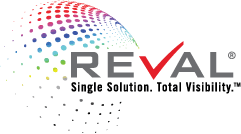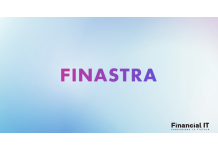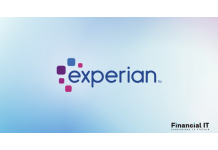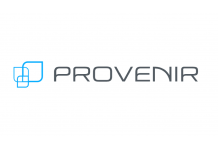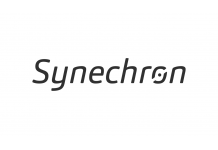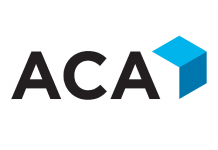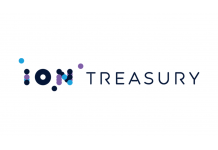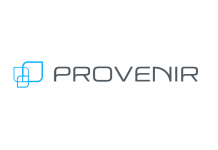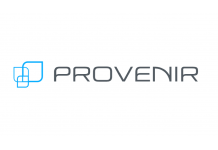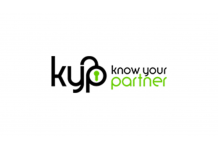Engie And Mobilize Financial Services Tap Into...
- 30.07.2025 11:55 am
CLARA Analytics Introduces Triage Risk Notes And Claim...
- 11.07.2025 12:15 pm
Experian and ValidMind Partner to Transform Model Risk...
- 13.02.2025 07:45 am
Top 5 Risks Unchanged but Risk Exposures Are Rising...
- 18.07.2024 02:35 pm
Provenir Recognized for Credit Risk Solution...
- 03.11.2023 08:35 am
Synechron Enhances Financial Risk Identification and...
- 26.10.2023 10:45 am
ACA Group Launches New Solutions to Meet Full Scope of...
- 24.10.2023 11:05 am
Galileo Payment Risk Platform Now Available to the...
- 20.10.2023 07:20 am
Samuel, Son & Co., Limited Selects ION’s Reval for...
- 19.10.2023 11:20 am
Turkish Invoice Financing Platform Figopara Turns to...
- 19.10.2023 10:25 am
Provenir Garners Credit Strategy Lending Awards 2023...
- 12.10.2023 08:10 am
KYP Wins SharkTank Start-up Innovators at Payments...
- 11.10.2023 12:40 pm

